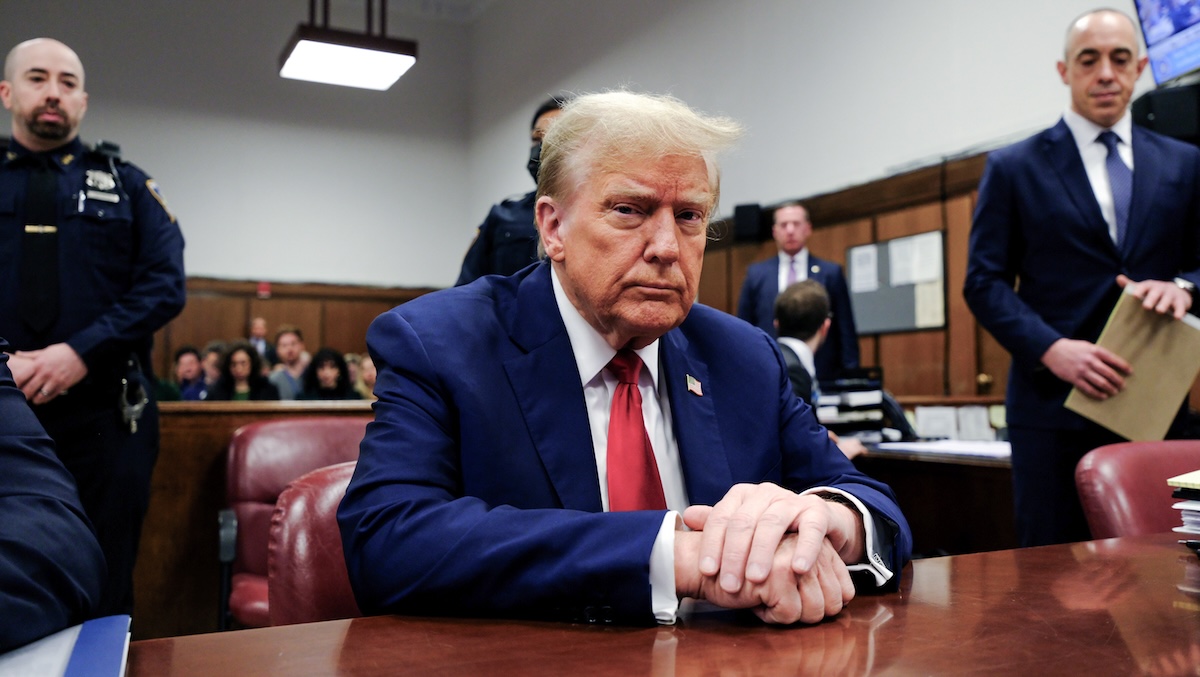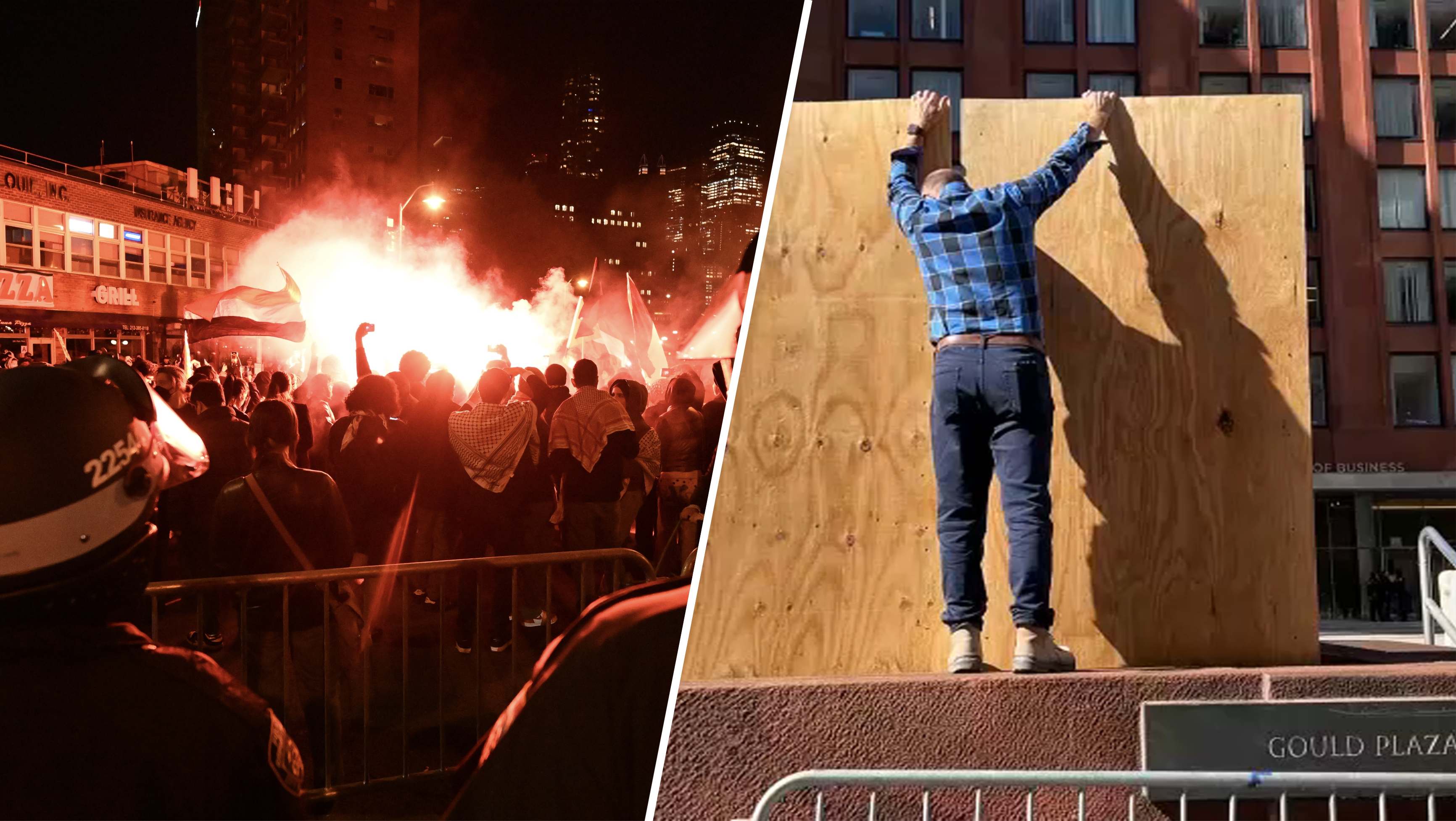What to Know
- A 9/11 hero who volunteered, was struck with cancer linked to his time at ground zero and had to prove he was there that day in order to receive 9/11 benefits has passed away.
- The NYPD Auxiliary announced Tuesday via its Twitter account that Auxiliary Officer Michael Dorian died, calling him a "hero" that volunteered on 9/11 and subsequently became an NYPD Auxiliary officer.
- Dorian volunteered on September 11 and battled cancer linked to his time at ground zero, fighting to secure 9/11 benefits -- finally getting the help he needed after the News 4 I-Team helped find indisputable proof he was there that day.
A 9/11 hero who volunteered, was struck with cancer linked to his time at ground zero and had to prove he was there that day in order to receive 9/11 benefits has passed away after a long and valiant fight with the illness.
The NYPD Auxiliary announced Tuesday via its Twitter account that Auxiliary Officer Michael Dorian died, calling him a "hero" that volunteered on 9/11 and subsequently went on to become an NYPD Auxiliary officer.
"He truly cared about helping the people of NYC," the NYPD Auxiliary's tweet reads in part.
In a separate tweet, the NYPD Central Park Precinct said Dorian "truly cared about being a volunteer for New York City."
Dorian volunteered on September 11 and battled cancer linked to his time at ground zero, fighting to secure 9/11 benefits -- finally getting the help he needed after the News 4 I-Team helped find indisputable proof he was there that day.
"It was getting to the point where I was wondering if people didn't believe me," said Dorian, who had stage four skin cancer when he spoke with the I-Team in 2018 after the discovery of an interview he did with News 4 New York in Lower Manhattan on Sept. 12, 2001.
The video was needed to secure benefits for Dorian from the September 11th Victim Compensation Fund. The fund, which is on guard for fraudulent claims, requires more proof than the World Trade Center Health Program, which was already covering Dorian’s health care.
"Not everything is covered by the World Trade Center Health Program. There are some things and experimental treatments that just aren’t covered," said Dorian’s attorney Matthew McCauley. "Michael’s cancer is pretty advanced and significant so he is somebody who’s in that position where he may have to start looking at experimental treatments."
Dorian's break came after an interview he gave to a News 4 New York reporter the day after the 9/11 attacks surfaced.
While Dorian underwent treatment, he was also on a mission to help other first responders.
"I can relax in knowing that everything's covered – and enjoying the time that I have left and making the most out of that," he said. "This is my moment to continue my first responder work."
News
"I want to inform and educate people to take care of themselves, to look into the Victim Compensation Fund, look into the World Trade Center Health Program, and hopefully, if they’re suffering from illness or a situation that’s impeding their health, they can find some coverage, some relief, some peace like I did."
It’s estimated that 400,000 people were in Lower Manhattan (south of Canal Street) after 9/11 – and could qualify for the World Trade Center Health Program, which provides medical and mental health services at no cost. But to date, only about 105,000 people have signed up.
For more information on the World Trade Center Health Program – and how to apply – visit https://www.cdc.gov/wtc/index.html.



